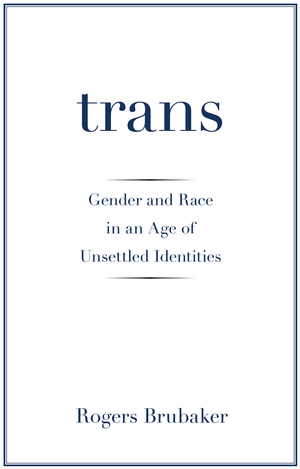Why We Shouldn’t Compare Transracial to Transgender IdentityPosted in Articles, Gay & Lesbian, Media Archive, Passing, Philosophy, United States on 2020-11-20 02:25Z by Steven |
Why We Shouldn’t Compare Transracial to Transgender Identity
Boston Review: A Political and Literary Forum
2020-11-18
Robin Dembroff, Assistant Professor of Philosophy
Yale University
Dee Payton, Ph.D. Candidate in Philosophy
Rutgers, The State University of New Jersey
 From left: Jessica Krug, Nkechi Amare Diallo (née Rachel Dolezal), Caitlyn Jenner, Laverne Cox From left: Jessica Krug, Nkechi Amare Diallo (née Rachel Dolezal), Caitlyn Jenner, Laverne Cox |
Editors’ Note: This essay is the first installment in a new series, Racial Identity & Racial Fraud.
Unlike gender inequality, racial inequality primarily accumulates across generations. Transracial identification undermines collective reckoning with that injustice.
“Call me Caitlyn.” With this phrase, emblazoned on Vanity Fair’s June 2015 cover, Caitlyn Jenner revealed her transgender identity to the world. But these words were not only a revelation; they also were a demand. Most obviously, they demanded that others call Jenner by a new name. But even more importantly, they demanded that others recognize Jenner as having a certain identity: woman.
Reactions to this demand were predictable. Jenner was warmly embraced and lauded by many for her decision to—as Jenner put it—live as her “authentic self.” Transgender activist and writer Laverne Cox wrote that Jenner’s “courage to move past denial into her truth so publicly . . . [is] beyond beautiful to me.” President Barack Obama, retweeting Jenner’s announcement, praised her “courage to share [her] story.” Hundreds of thousands of others left encouraging comments on Jenner’s social media. Within these reactions, an idea repeatedly surfaced: Jenner’s demand for recognition as a woman is legitimate because Jenner is a woman…
Read the entire article here.

